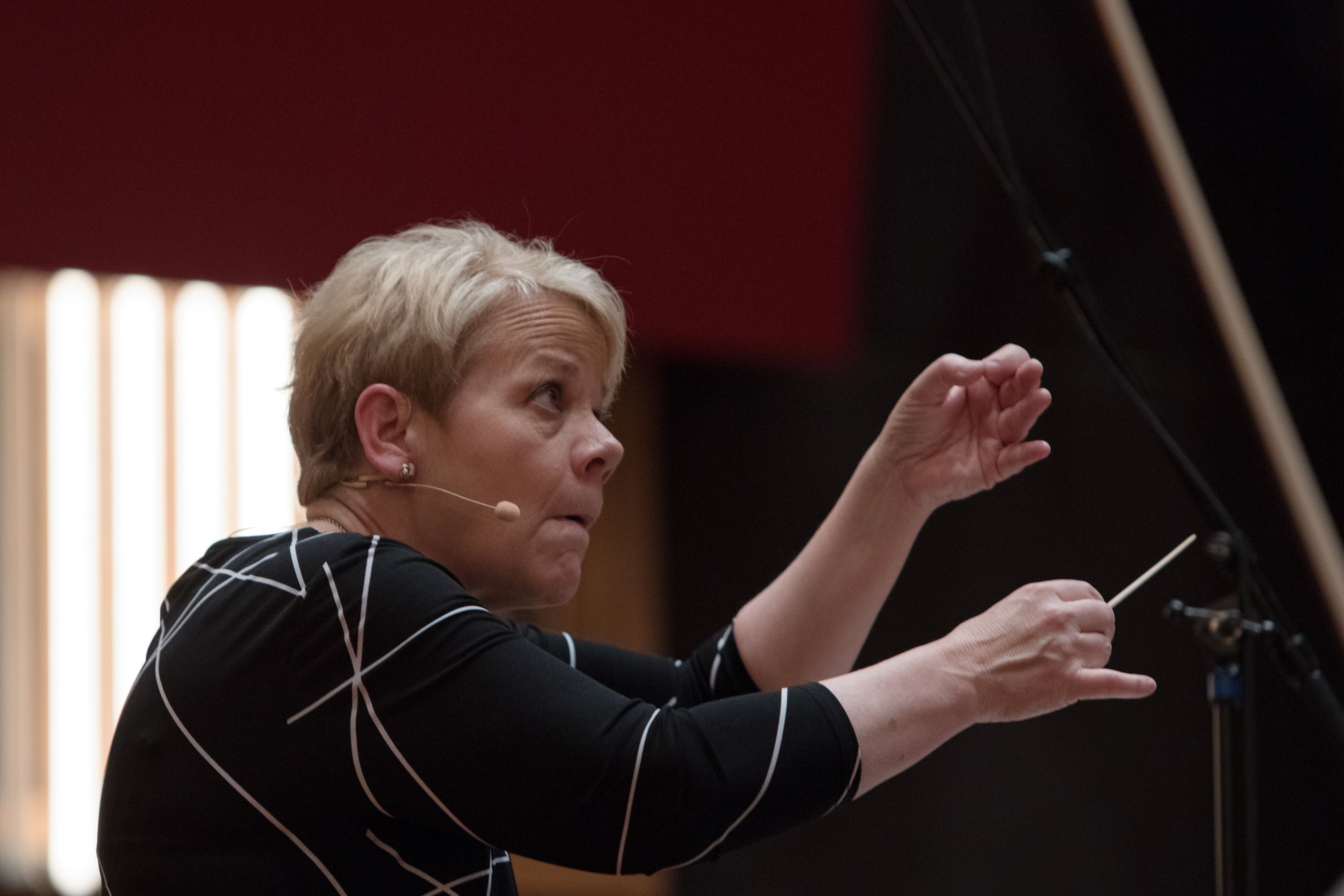Tár: Leading female conductor Marin Alsop claims Cate Blanchett film is ‘anti-woman’
‘I was offended as a woman, I was offended as a conductor, I was offended as a lesbian,’ conductor said
Marin Alsop, a female conductor namechecked in Tár, has hit out at the critically acclaimed film, calling it “anti-woman”.
Cate Blanchett stars in Todd Field’s film as Lydia Tár, a world-famous fictional conductor who finds herself at the centre of a debate about the power given to successful artists after she is accused of preying on and abusing young musicians.
A number of reviewers suggested that there were similarities between Lydia and the real-life Alsop.
In The New York Times, critic Zachary Woolfe wrote that “the protagonist is clearly based partly on Alsop”. However, he notes that “unlike Tár, Alsop has never been accused of misconduct, with the fellows or otherwise”.
She is even mentioned in the film by Lydia, alongside a number of other successful female composers, as an example given to a journalist to prove that there is no gender discrimination in the field.
Like Alsop, Lydia is married to a female musician, leads a major orchestra and was mentored by Leonard Bernstein.
But in an interview with The Sunday Times, American conductor Alsop, 66, said that while “so many superficial aspects of Tár seemed to align with my own personal life”, the finished project left her offended, not concerned by any similarities.

“I was offended as a woman, I was offended as a conductor, I was offended as a lesbian,” she said. “There are so many men – actual, documented men – this film could have been based on but, instead, it puts a woman in the role but gives her all the attributes of those men. That feels anti-woman.”
Alsop continued: “To have an opportunity to portray a woman in that role and to make her an abuser – for me that was heartbreaking. I think all women and all feminists should be bothered by that kind of depiction because it’s not really about women conductors, is it?
“It’s about women as leaders in our society. People ask, ‘Can we trust them? Can they function in that role?’”
The Independent has contacted Blanchett and Field’s representatives for comment.
Join our commenting forum
Join thought-provoking conversations, follow other Independent readers and see their replies
Comments


Bookmark popover
Removed from bookmarks